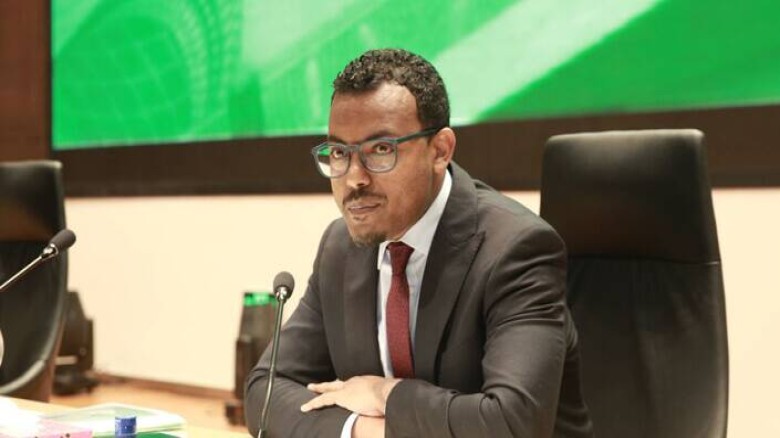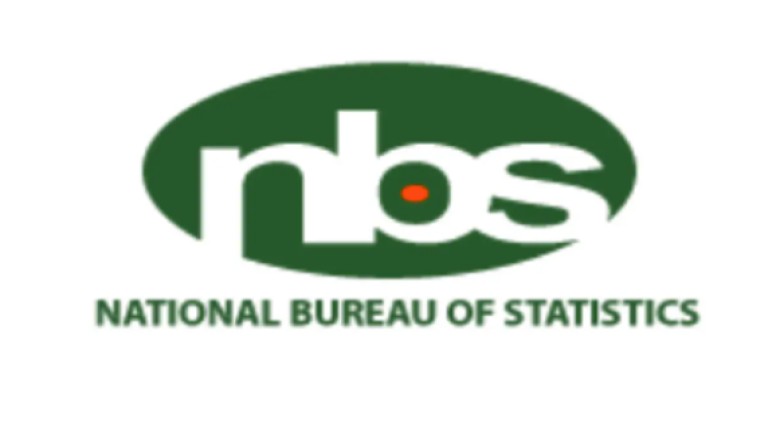The chair of the tax panel states that the Federal Government has the potential to generate N10 tril
The Chairman of the Presidential Committee on Fiscal Policy and Tax Reforms, Taiwo Oyedele, asserted that Nigeria has the potential to easily generate N10 trillion annually by effectively managing its non-oil assets. Oyedele made these remarks recently in Lagos during a stakeholders' forum organized by the Harvard Business School Association of Nigeria.
He underscored that the country's non-oil assets, valued between N80 trillion and N100 trillion, have not received the necessary attention and are currently being mismanaged. Oyedele stated, "We have discovered that, aside from oil, there are substantial assets. Some estimates, though still under examination, indicate a value in the range of N80 to N100 trillion scattered across various sectors. Unfortunately, as a country, we have not demonstrated sufficient care for these assets, leading to their mismanagement."
"We identified an asset valued at trillions of naira, and astonishingly, an individual had the audacity to register a company with the Corporate Affairs Commission to oversee these assets, with the shareholders residing within Nigeria," remarked the chairman.
Oyedele emphasized the imperative for enhanced asset management and underscored the potential advantages of divesting underperforming assets to create liquidity and foster economic growth.
He remarked, "Consider the scenario where you enhance efficiency with just a N100 trillion asset. Even with a modest annual return of 10 percent, that translates to a substantial N10 trillion. If effective management is challenging, the alternative is to sell the asset and acquire liquidity."
"You require a portion of the foreign exchange (FX) liquidity, and as a result, the private sector becomes more productive. This not only stimulates economic activity but also leads to increased tax contributions," he explained.
The chairman also revealed that the Committee is set to introduce comprehensive tax reforms aimed at enhancing economic growth and alleviating the burden on businesses.
According to Oyedele, a key focus of the reform agenda is acknowledging the challenges faced by businesses, particularly the tax-related strain on working capital.
He assured that businesses exempt from taxes will be spared, aligning with the broader objective of fostering a balanced and favorable environment for economic growth.
He added, "We have formulated a new tax regulation. The reason it hasn't been published yet is that some of the provisions will amend existing laws. So, we've included the amendments in the emergency bill, awaiting approval from lawmakers to issue the regulation."
























Leave A Comment